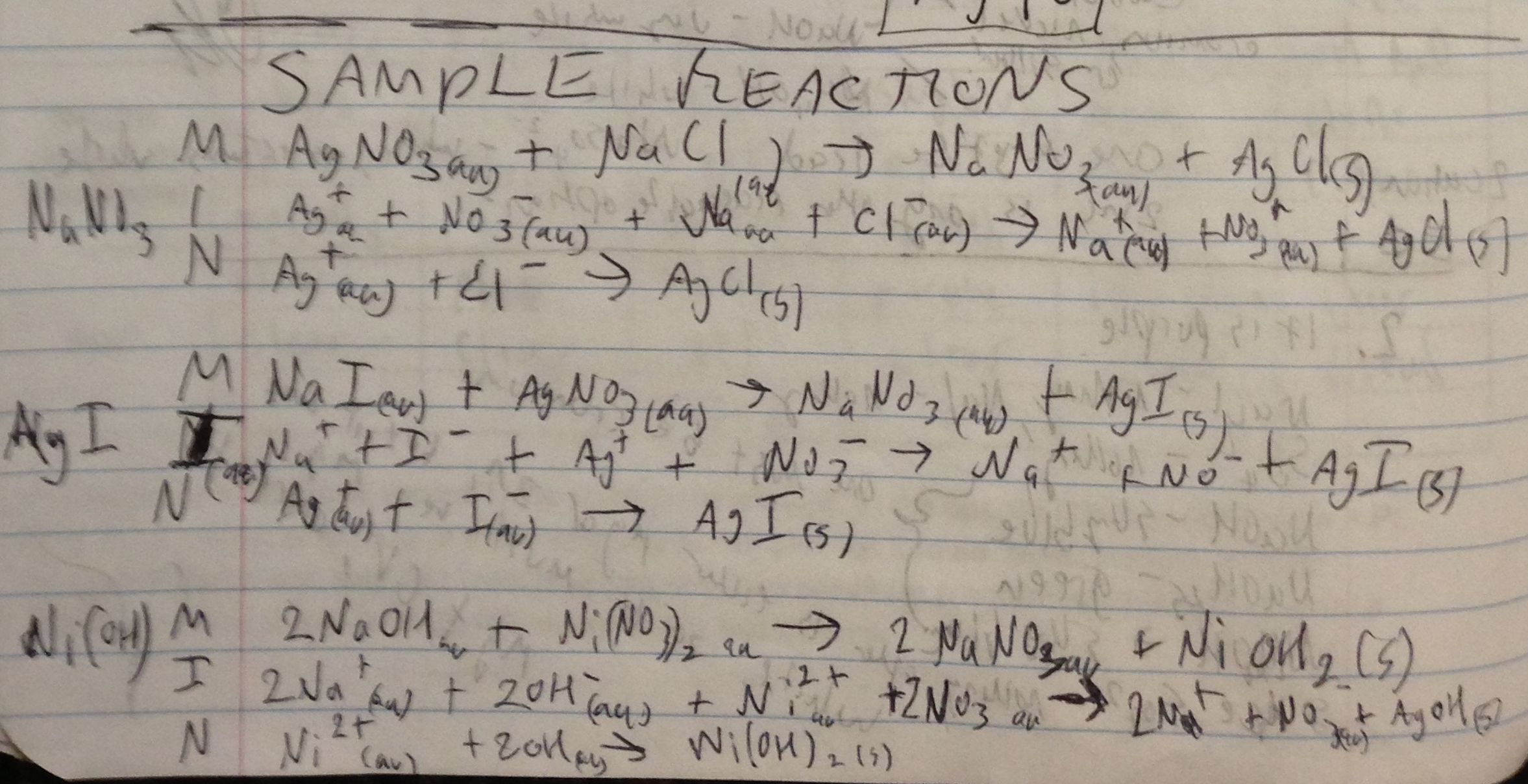
Analytical chemistry is the branch of chemistry that deals with the identification and characterization of unknown substances and the determination of their chemical composition. It is a fundamental field of study in chemistry, with applications in many areas including medicine, environmental science, and industry.
One of the key concepts in analytical chemistry is the use of chemical methods to determine the composition of a substance. This can be done through a variety of techniques such as spectroscopy, chromatography, and mass spectrometry. These methods allow for the identification and quantification of specific chemical compounds in a sample.
One of the major uses of analytical chemistry is in the field of environmental science. Analytical chemists use their skills to study pollutants in air, water, and soil, and to monitor the effectiveness of clean-up efforts. In the field of medicine, analytical chemistry plays an important role in the development of new drugs and in the analysis of biological samples.
Analytical chemistry is also used extensively in industry. For example, it is used to monitor the quality of products such as food, pharmaceuticals, and gasoline. It is also used to control the purity of chemicals used in manufacturing processes.
In the lab, analytical chemists use a wide range of equipment and techniques to conduct their research. This can include things like mass spectrometers, chromatography instruments, and spectrophotometers. They also use a variety of sample preparation techniques, such as extraction and purification, to ensure that the sample is suitable for analysis.
One of the most important aspects of analytical chemistry is the accuracy and precision of the measurements. Analytical chemists use a variety of statistical techniques to ensure that their results are reliable. They also use quality control procedures to check the performance of their equipment and to detect and correct any errors.
In conclusion, analytical chemistry is a vital field of study that plays an important role in many areas of modern society. Its methods and techniques are used to identify and quantify unknown substances, and to understand the chemical processes that occur in the natural world. It is a field that requires a strong background in chemistry, as well as an understanding of physics, mathematics, and computer science. With its wide range of applications, analytical chemistry continues to be an exciting and dynamic field of study for scientists and researchers.